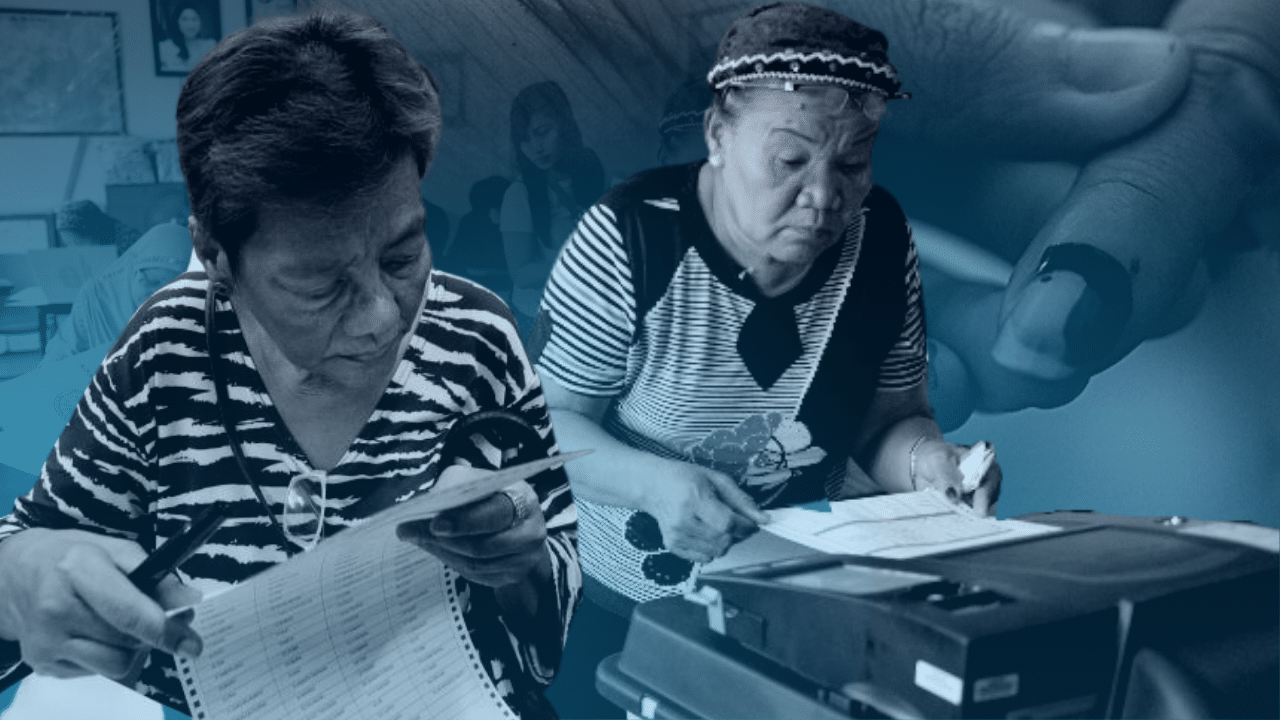4Ps, ACT-CIS lead final SWS party-list polls before elections
MANILA — Party-list groups 4Ps and ACT-CIS lead the final party-list preference survey conducted a week before election day by the Social Weather Stations and commissioned by the Stratbase Group.
The survey was conducted from May 2 to 6, 2025, and asked 1,800 registered voters nationwide which party-list group they would most likely vote for if the elections were held during the survey period. It has a ±2.31% margin of error.
Party-list group 4Ps is still the top choice among Filipino voters, with 7.67% preference.
ACT-CIS follows closely with 6.63%—about 3 percentage points higher than the support they received in the previous month.
Meanwhile, Duterte Youth went down to 3rd in May from 2nd in April after support went down from 7.32% to 5.88%.
Solid North Party climbed to 4th this month after getting 3.65% support.
One of the biggest gainers this month is LPGMA, which skyrocketed from 84th in April to 5th this month with 3.04% preference.
Senior Citizens is in 6th place with 2.69%. Regional party-list groups Ako Bicol and Tingog are in 7th and 8th place, respectively. Ako Bicol received 2.44% support, while Tingog got 2.35%.
FPJ Panday Bayanihan is in 9th place with 2.14%, while Nanay rounded up the top 10 with 1.92%.
Stratbase Group President Dindo Manhit said the survey results show that groups with strong and recognizable branding continue to dominate the party-list polls.
Manhit explained that leading groups are connecting with voters through clear advocacies, regional representation, or association with prominent names.
“Party-lists like 4Ps and Senior Citizens are doing well because their advocacies speak directly to defined sectors. We also see the impact of name recall in groups like Duterte Youth and FPJ Panday Bayanihan, which are clearly benefiting from their association with well-known personalities,” he said.
“Regional groups such as Ako Bicol, Tingog, LPGMA, and Nanay are also ranking high, largely because they draw support from strong local bases. Many of these groups benefit from the backing of political patrons or nominees who are well-known in their regions. Their performance in the surveys reflects the effectiveness of organizing within their bailiwicks,” Manhit added.
As Election Day approaches, Manhit reminds the public that the party-list system is meant to give marginalized Filipinos a voice in Congress, not to serve the personal interests of traditional politicians or well-funded groups.
“Filipinos should choose party-list groups that have a proven track record and genuine commitment to represent the underserved. The goal is to elect party-lists that will truly push for inclusive policies and represent those who are often left behind,” he emphasized.



















